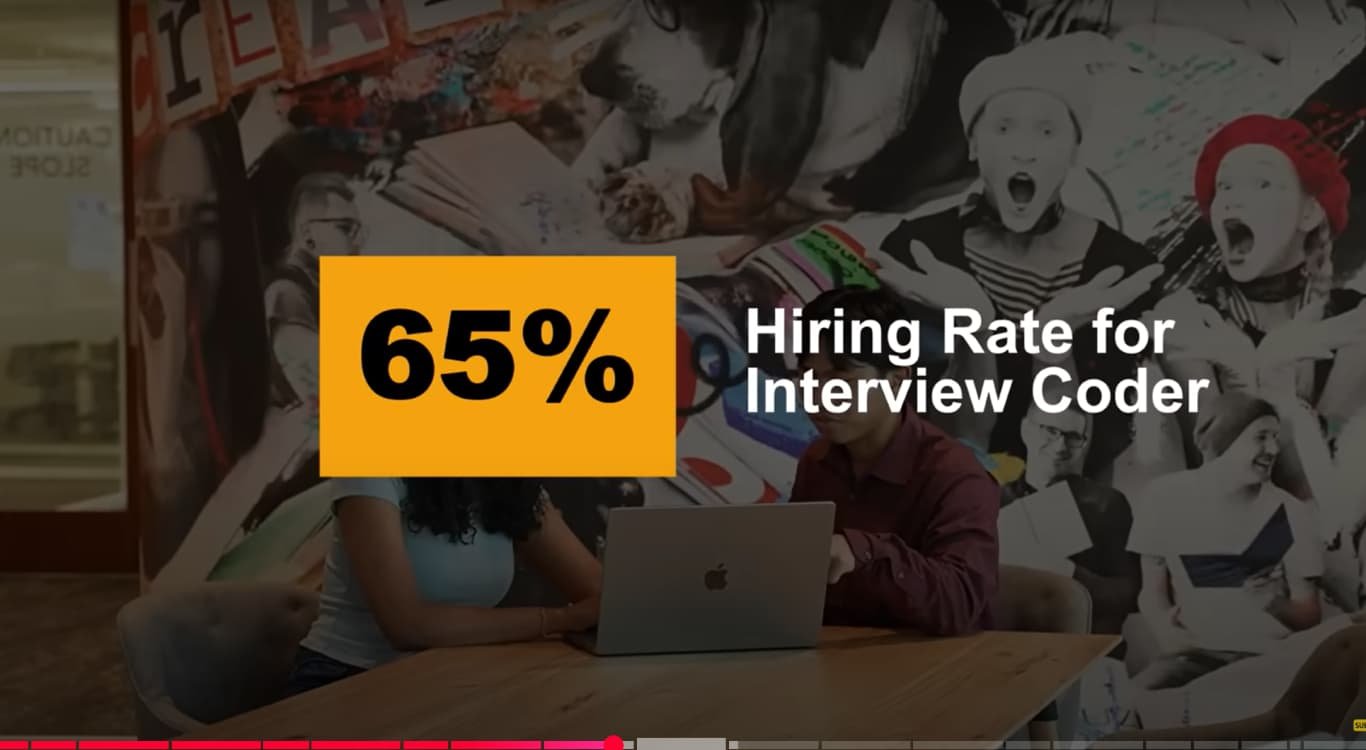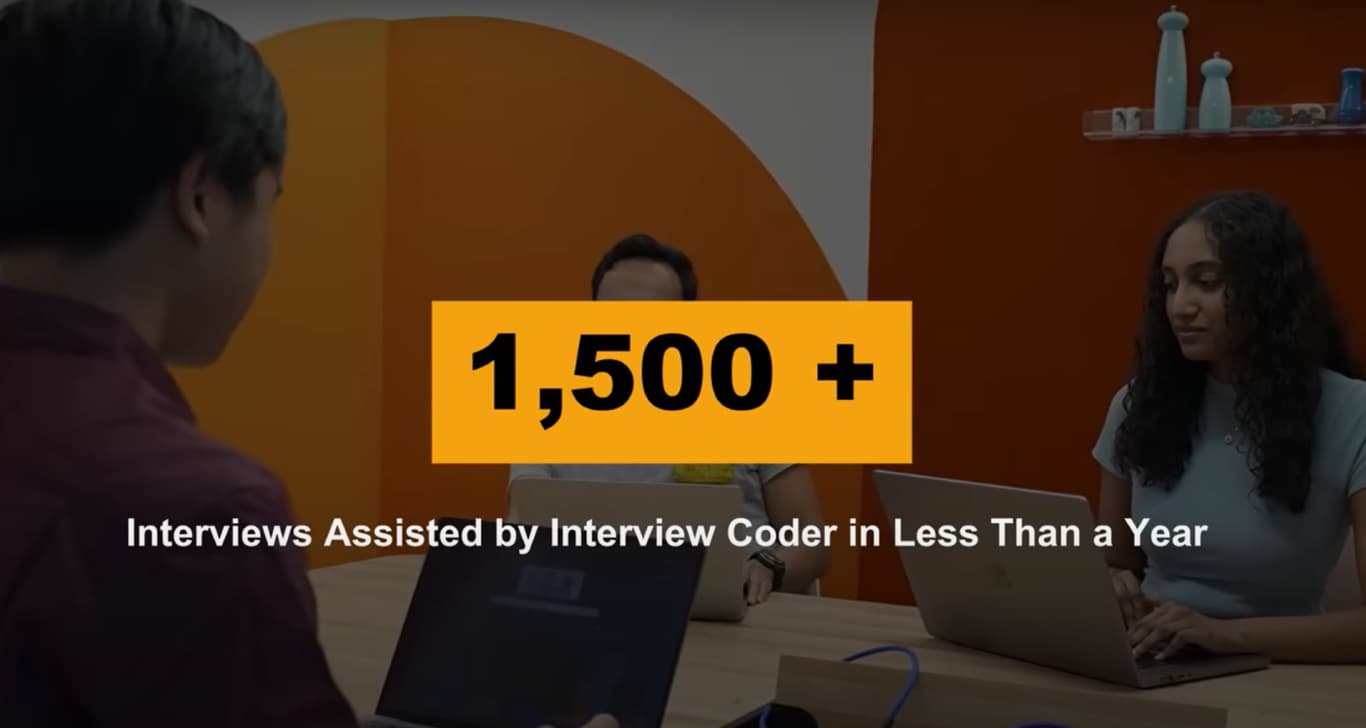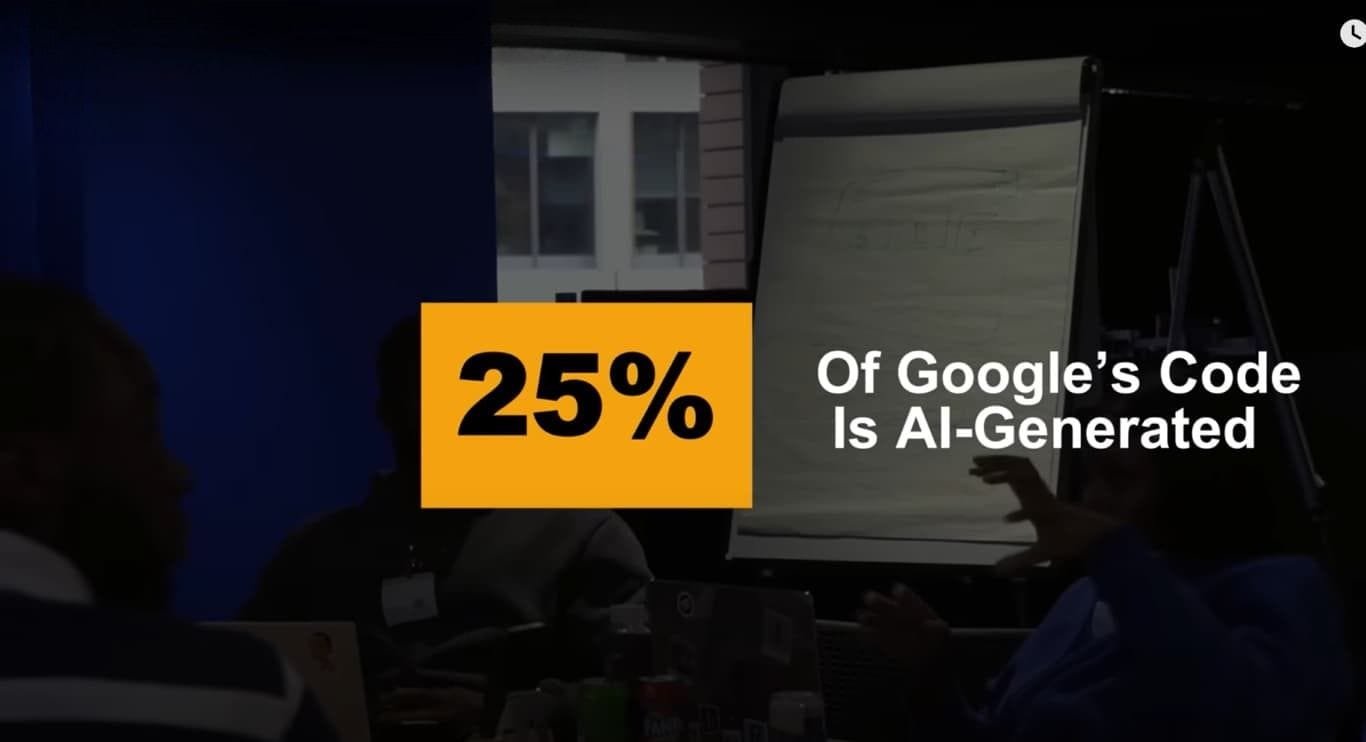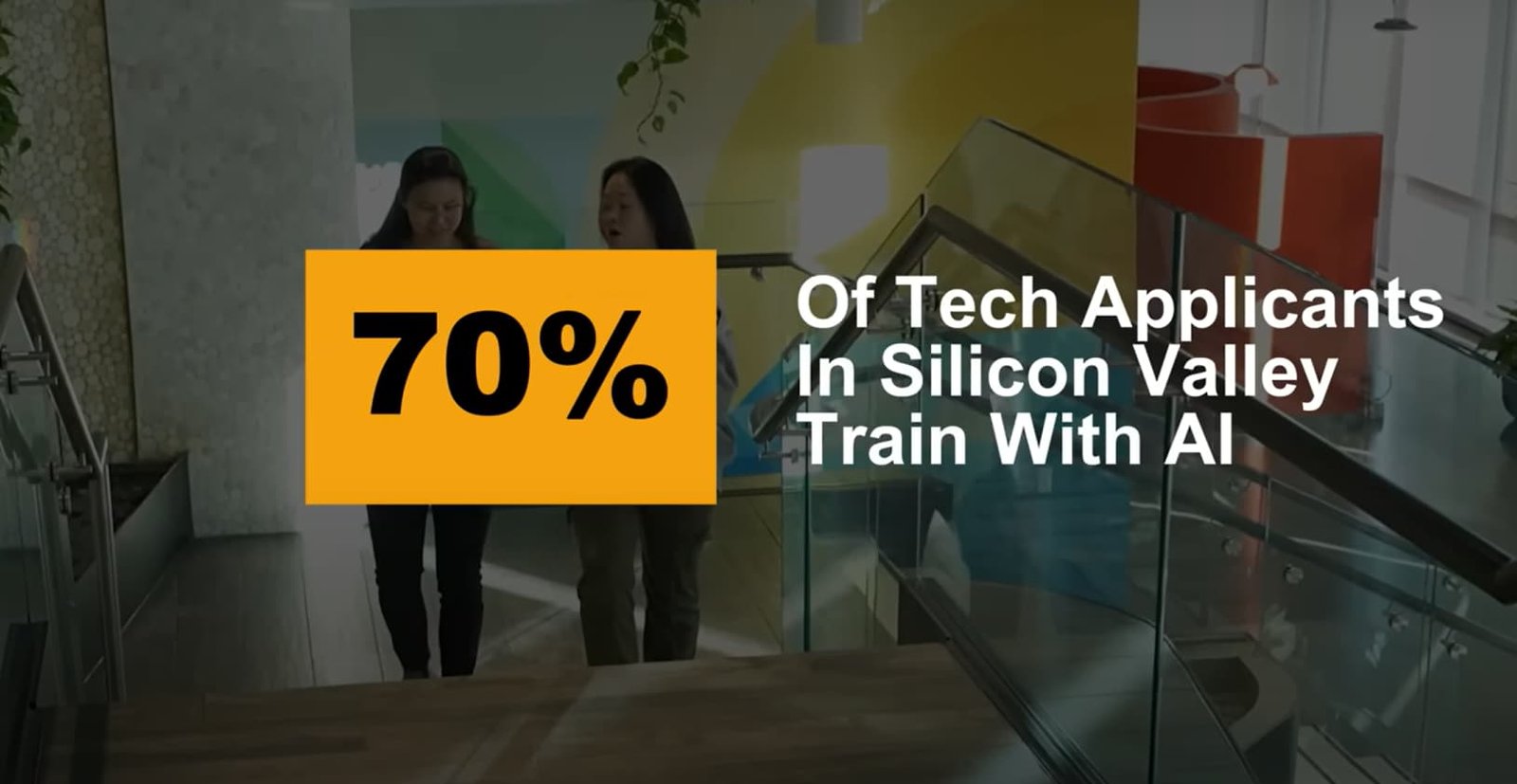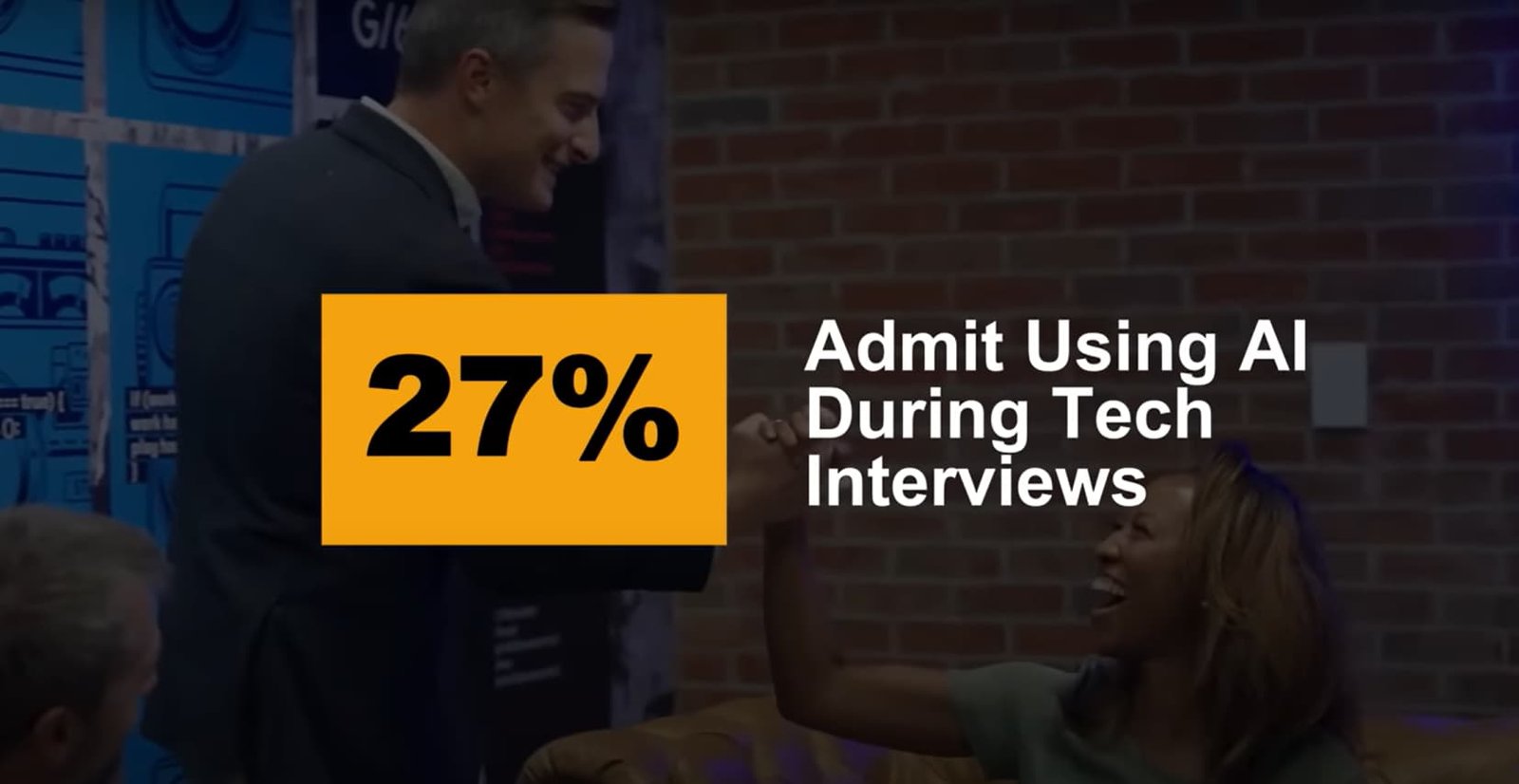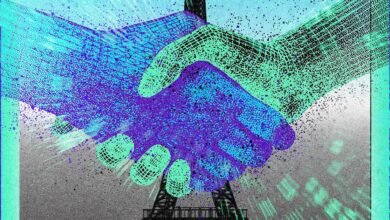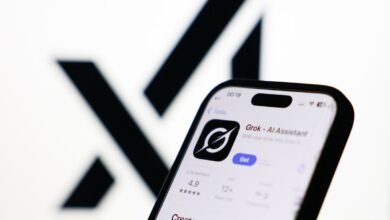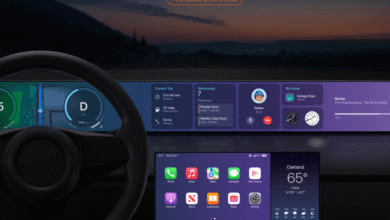The AI Interview Paradox: Tech Grapples With Cheating in Its Own Backyard

▼ Summary
– The technical interview process for software engineers is facing credibility issues due to AI-based cheating during remote interviews.
– Nearly 50% of candidates reportedly use AI tools to cheat, a trend that increased during the pandemic with the shift to virtual hiring.
– AI models like OpenAI’s Codex can solve complex problems quickly, leading to platforms like Interview Coder that explicitly help candidates cheat.
– Tech companies like Google, Amazon, and Microsoft are responding by considering in-person interviews, using closed environments, and developing AI to detect cheating.
– The rise of AI cheating challenges the relevance of traditional technical assessments, prompting companies to rethink evaluation methods to better reflect real-world tasks and ethical AI use.
The technical interview, long a rite of passage for aspiring software engineers, is facing a crisis of credibility. As artificial intelligence tools become more sophisticated, a growing number of candidates are using them not just for preparation, but to actively cheat during remote interviews, leaving tech companies scrambling to adapt and questioning the very nature of their evaluations.
The scale of the problem is startling. According to one estimate shown in a recent video report by Economy Media, “nearly 50% of candidates for software engineering positions use some form of AI-based cheating during technical interviews.” This trend gained significant traction during the pandemic, which forced a widespread shift to virtual hiring processes. While remote interviews offered cost savings and access to global talent, they also inadvertently created an environment ripe for new forms of academic dishonesty.
From Practice Aid to Performance Enhancer
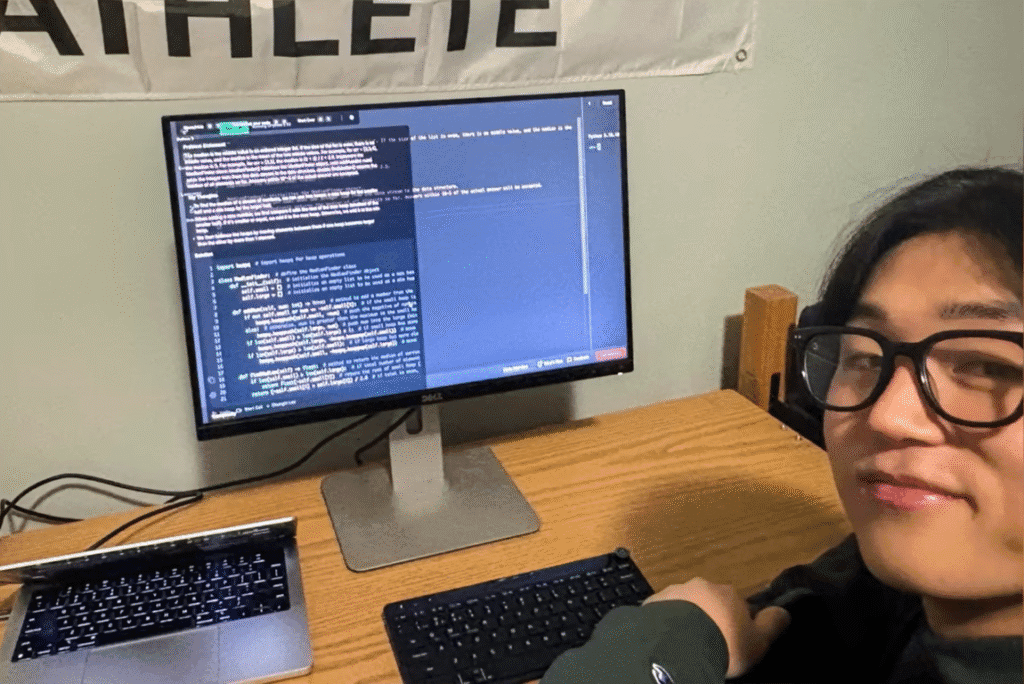
Initially, AI language models like OpenAI’s Codex or Anthropic’s Claude were seen as advanced study aids, helping developers understand complex problems. Platforms like LeetCode, used by programmers to hone algorithmic skills, became standard preparation. However, the power of modern AI has fundamentally altered this dynamic. As the video report highlighted, current models can solve “over 92% of LeetCode’s hard problems… in just seconds,” often providing detailed explanations.
This capability hasn’t gone unnoticed by some enterprising individuals. Roy Lee, a 21-year-old student reportedly kicked out of Columbia University, founded “Interview Coder,” a platform explicitly designed to help candidates cheat. The service, brazenly marketed with slogans like “F*ck Leetcode,” claimed to offer “invisible AI for technical interviews,” charging users between $200 and $1,000 per session. One commentator in the video report described Lee’s venture starkly: “Roy has developed a tool called Interview Coder… that basically uses AI to help job applicants… cheat on their interviews.”
Lee, seemingly defending his actions in interview clips, pointed to the grueling nature of traditional interview prep, suggesting the system itself was flawed and led to burnout. He argued that if companies are “AI-first,” they should accept AI use during interviews. While Interview Coder was reportedly shut down following an investigation, the video notes that “dozens of similar services emerge,” often operating from regions with less regulatory oversight.
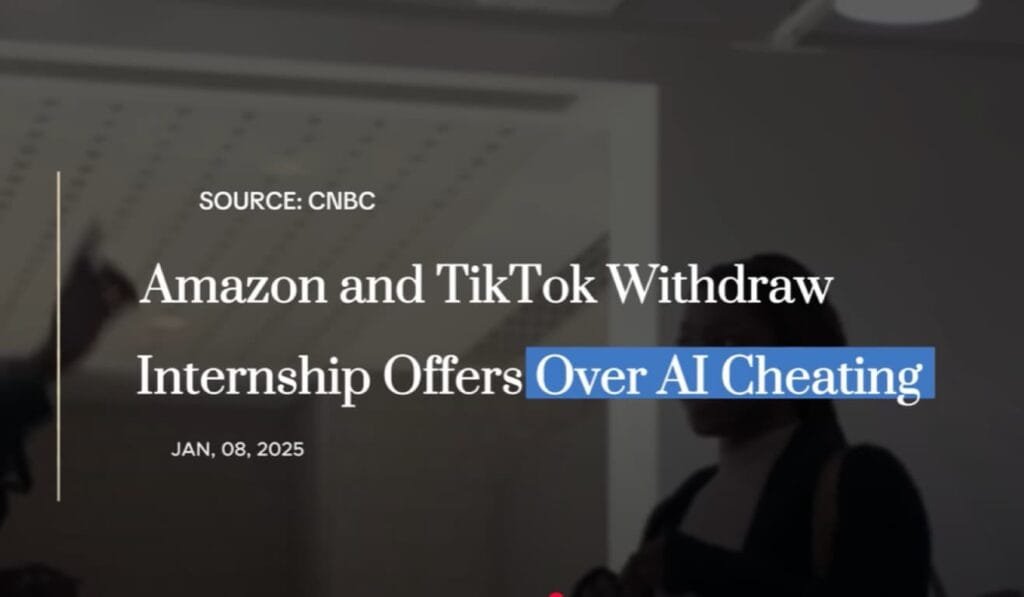
Companies Respond, But Face a Dilemma
The tech industry is beginning to push back. Google, a company heavily reliant on technical interviews, is reportedly “considering returning to in-person interviews to prevent AI-based cheating.” They’ve also experimented with closed environments like “Project Campfire” for interviews without internet access. Other giants aren’t waiting; Amazon and TikTok have withdrawn internship offers after discovering AI cheating incidents earlier this year. Microsoft is training “reverse AI models” specifically to detect artificially generated code.
The challenge extends beyond simple code generation. A security firm, CyberArk, documented “over 200 cases of interview fraud in North America in 2024,” involving “proxy interviewing,” where a third party takes the interview for the candidate, sometimes aided by hardware like invisible earpieces or smart glasses.
This crackdown, however, exposes a deep contradiction within the tech world. Companies actively encourage internal use of AI to boost productivity. Google itself claims “more than 25% of its new code is generated by artificial intelligence.” As one CNBC anchor remarked, “the scale of how it’s being used at Google… that is unexpected.” This creates a confusing message: AI is a valuable tool for employees, but a forbidden crutch for applicants.
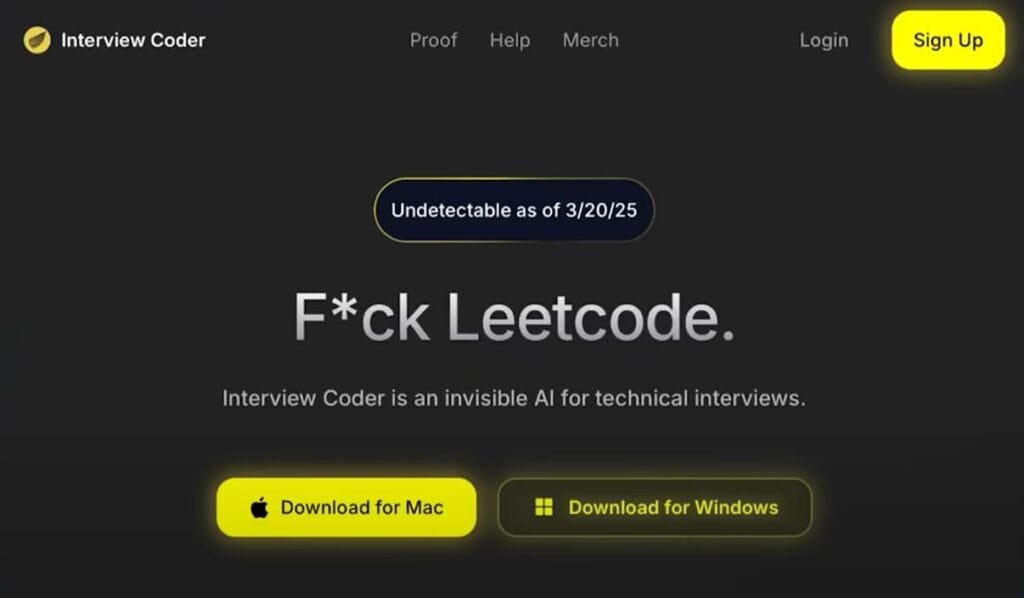
The fallout is a growing mistrust between recruiters and candidates, and hiring managers encountering a frustrating paradox. One Amazon recruiter shared an anecdote about hiring an engineer who aced the interview challenges but “didn’t know how to use Git,” a fundamental version control system, “on their first day of work.”
Rethinking the Rules of the Game
The rise of AI cheating forces a difficult question: Are traditional technical assessments still fit for purpose? If algorithmic puzzles can be solved instantly by AI, do they truly measure the skills needed for modern software development – skills that increasingly involve collaborating with AI tools?
Companies are now under pressure to evolve their evaluation methods, potentially moving towards assessments that better reflect real-world tasks, teamwork, and perhaps even the ethical and effective use of AI itself. The line between leveraging a powerful tool and gaining an unfair advantage is blurring rapidly. As AI becomes deeply integrated into the software development workflow, the definition of competence – and how to fairly measure it – requires a fundamental rethink. The AI interview paradox is not just a technical hurdle; it’s an ethical and structural challenge that the tech industry must confront head-on.
